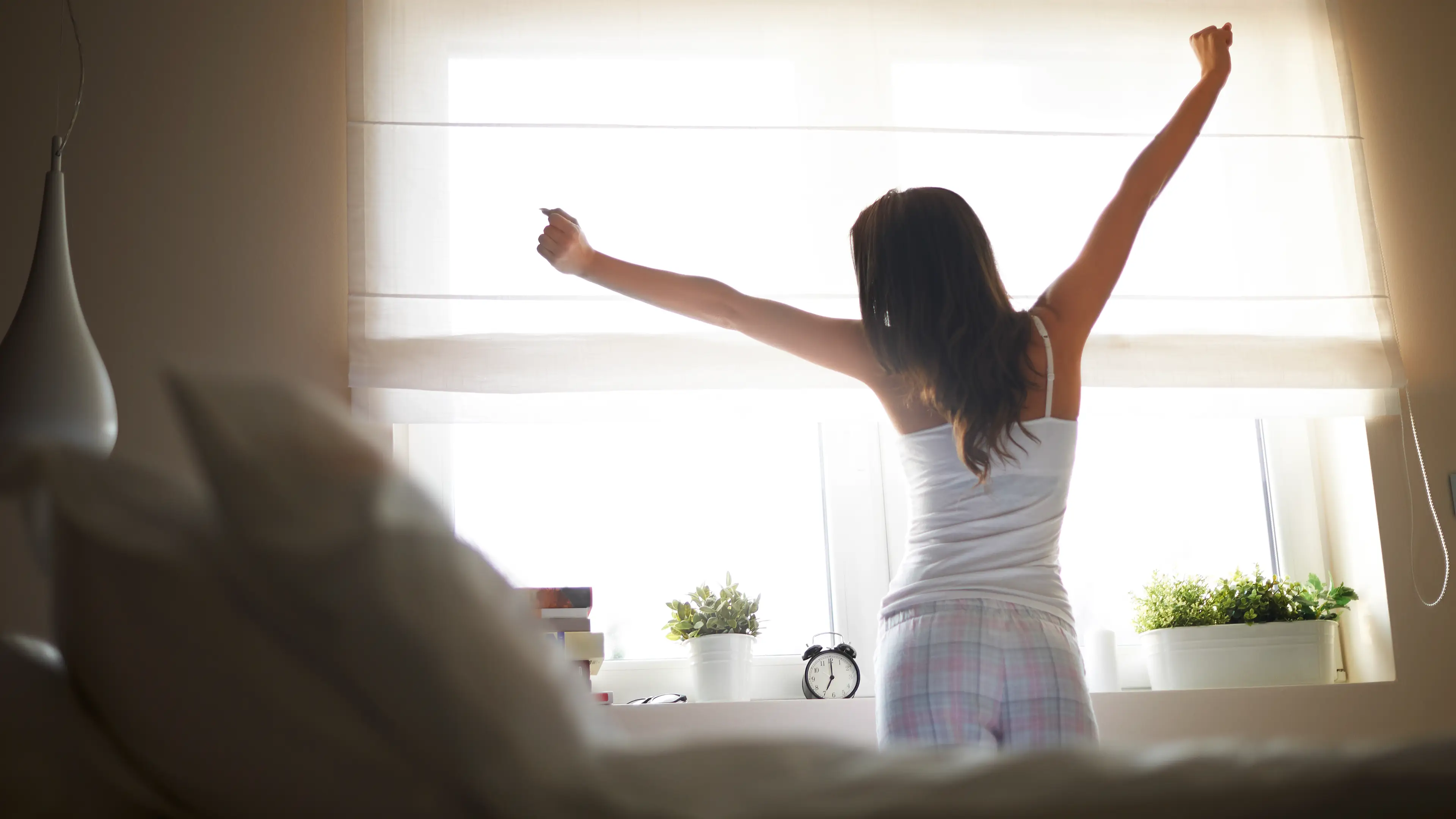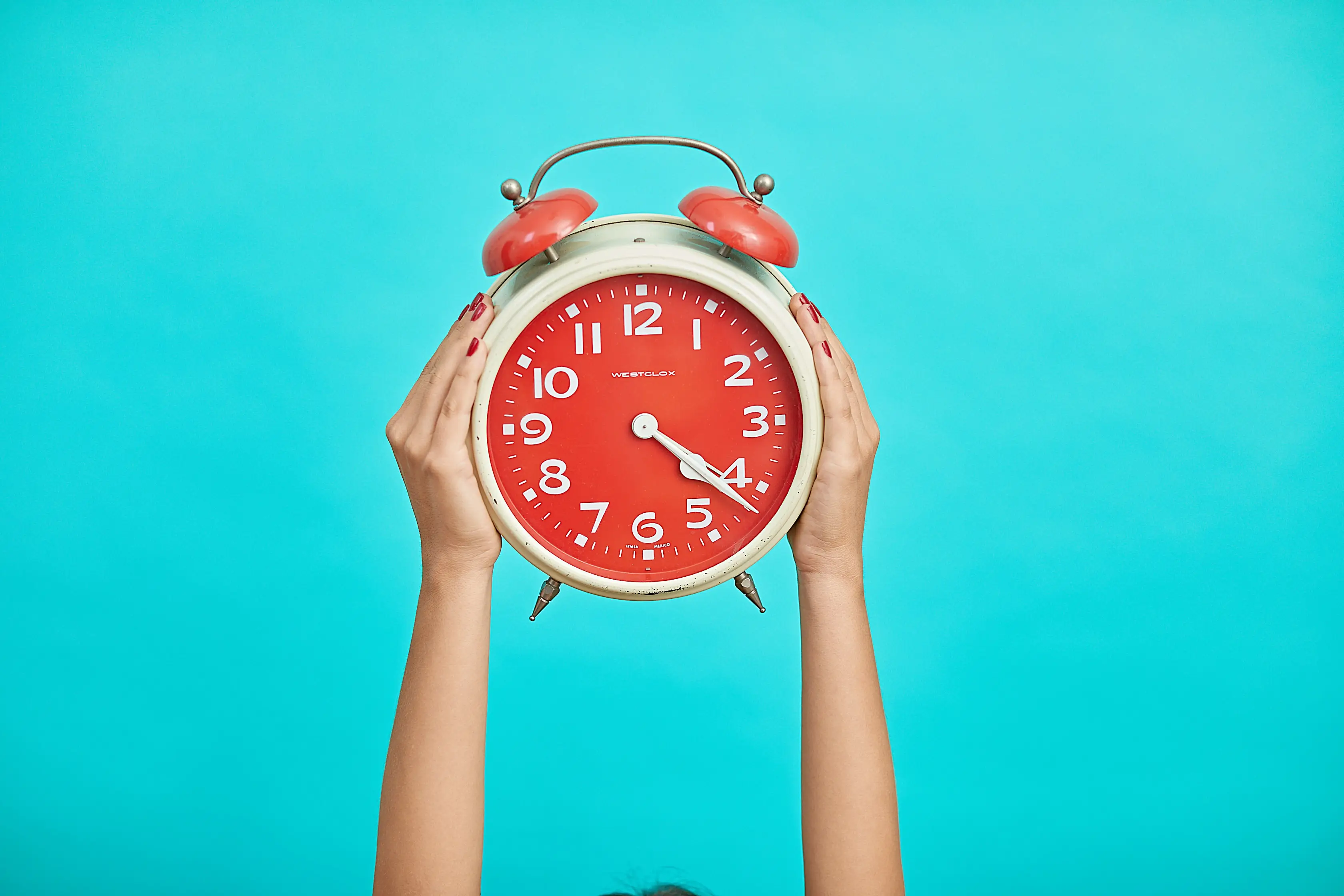
Now that Christmas is over and the reality of going back to work sets in, people are - unsurprisingly - looking ahead to warmer, sunnier days.
While January is on average the coldest winter month in the UK, the nights actually begin drawing out in December and get shorter by just minutes each week.
When do the mornings get lighter?

After turning our clocks back in October, the nights slowly begin to draw out again around December time and the shortest day of the year (the Winter Solstice) fell on 21st December 2021.
The days stretch by around 2 minutes, 7 seconds each day on average from this date.
By 28th January 2022, we will have an extra hour of daylight each day and by 23rd February 2022, the skies will already be getting light by 7am.
When do the clocks go forward in the UK in 2022?
The clocks go forward on 27th March 2022 in the UK.
When do the clocks go back in the UK in 2022?
It seems a long way off yet, but this year the clocks go back in the UK on 30th October.
Did you know? The period of time after the clocks have gone forward is known as British Summer Time (BST) and the period of time after the clocks go back, Britain is operating by Greenwich Mean Time (GMT).
Why do the clocks change?

In a nutshell, changing the clocks twice a year is done to save daylight hours. It was started in 1907 by a man named William Willett - who happens to be Coldplay singer Chris Martin's great-great-grandfather, who believed people shouldn’t be wasting the daylight hours in bed or working in the dark.
Willett published a pamphlet urging people not to waste daylight time in bed, but it wasn’t until 1916, during the first world war, that governments adopted it and made it law. Unfortunately, Willett died the year before and so couldn’t see his idea being made law.
As of 2021, following a vote by the European Parliament to scrap twice-yearly clock changing, EU member states had to decide between staying on permanent summer hours or permanent winter hours.
Will the UK stop changing the clocks?
As the UK is now out of the EU, it doesn’t have to scrap changing the clocks and the government has so far suggested that there’s no reason to do so.
According to a government document cited by The Sun, the House of Lords said, "We received no compelling evidence to suggest that the current system of seasonal changes does not work well for the UK.
"We do, however, note the lack of both contemporary research and public consultation on this issue.
"Although there is significant strength of public feeling in favour of abolishing seasonal changes of time, there is little evidence that doing so would lead to a material improvement over the status quo."
As far as I’m concerned, it would mean saying goodbye to that cheeky extra hour in bed in the winter - now why would you want to do that?
Featured Image Credit: Storyblocks